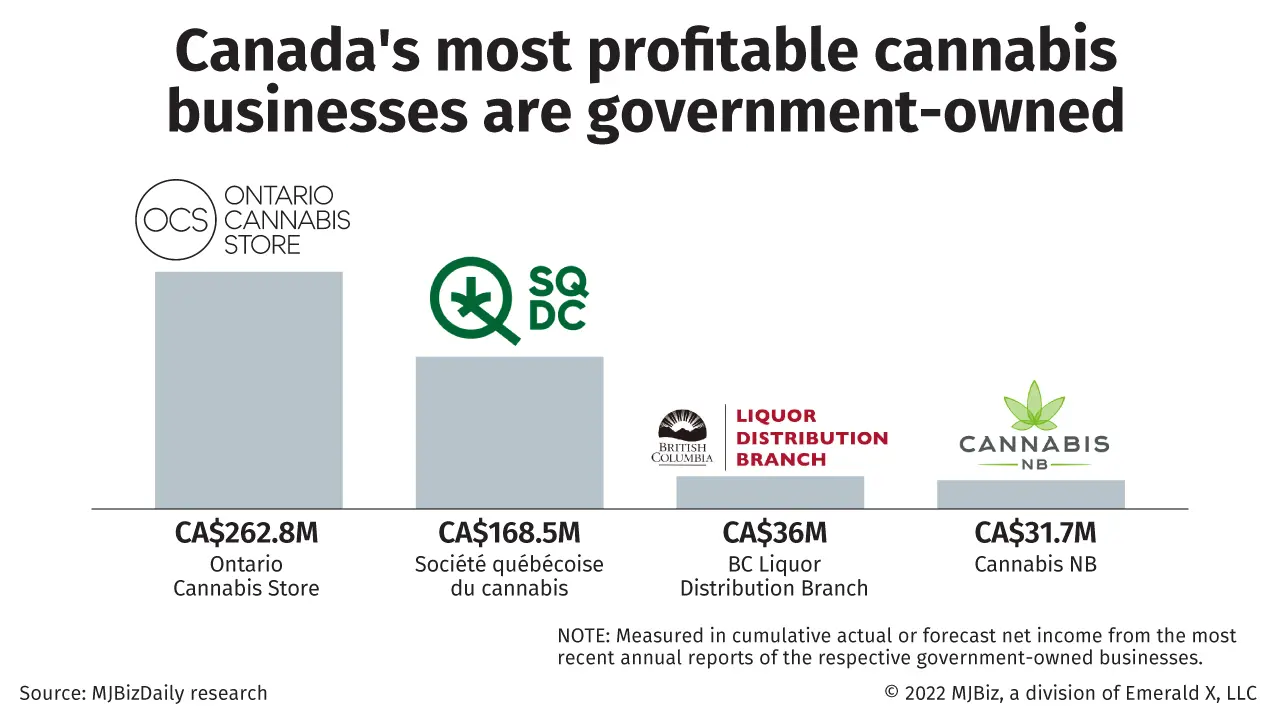The Canadian government is set to unveil the first steps for the long-delayed review of its cannabis legislation, Health Canada announced Wednesday.
On Thursday morning, Health Minister Jean-Yves Duclos and Minister of Mental Health and Addictions Carolyn Bennett are expected to outline the mandatory review of Prime Minister Justin Trudeau’s signature legislation.
The review was supposed to start in October 2021, three years after Canada legalized recreational cannabis, but the process has been delayed – with no explanation from the government – despite numerous queries from MJBizDaily and other publications.
The review had been set to launch Sept. 14, 2022, but was postponed because of the death of Queen Elizabeth II, sources previously told MJBizDaily.
A report will be submitted to parliament after the review is completed.
Cannabis industry stakeholders hope the review will result in meaningful changes.
The review is required to look at the impact of legalization on the health and consumption habits of young people as well as the impact of cannabis on Indigenous persons and communities.
Almost four years into legalization, the most profitable companies in Canada’s cannabis industry are 100% owned by government, while private-sector losses easily exceed 16 billion Canadian dollars ($12 billion), according to an MJBizDaily analysis.
Industry experts say that situation partly stems from a prohibitive tax structure governing the industry and poor business decisions made by some of the biggest cannabis producers.
In a statement to MJBizDaily, Canopy Growth Corp.’s head of government and stakeholder relations, Sean Webster, said, “critical actions are needed to address shortcomings in the cannabis regulatory framework” for the legal cannabis industry to survive.”
“The legislative review of the Cannabis Act is a valuable channel to address the specific regulations that are holding the industry back,” Webster continued, “including but not limited to, potency limits on consumable products, which are a barrier to transitioning sales to the legal market, and crucial amendments to better facilitate communication and education of consumers.
“Although it will not officially be included as part of the legislative review, we also plan to raise issues with the overly burdensome excise duty and tax structures which further hinders the ability of the regulated industry to compete with the illicit market based on cost.
“Addressing these changes is vital for the legal industry to succeed and displace the illicit market as one of the core objectives of legalization.”
More information on the review is available here.




